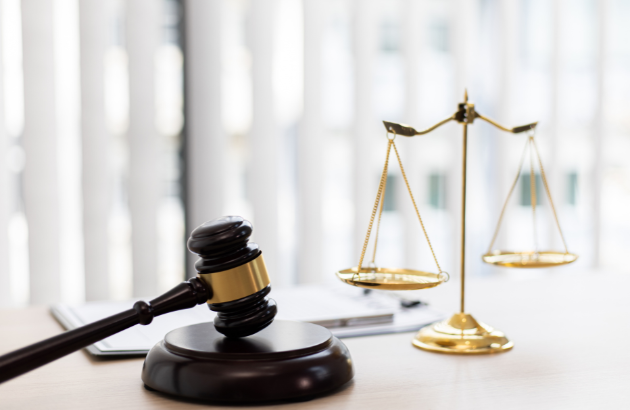Blog
Litigating Adverse Possession: Pirates v. Zombies, by Paul Golden
In a recent episode of The Modern Law Library podcast, the ABA Journal’s Lee Rawles spoke with litigator Paul Golden about his new book, Litigating Adverse Possession Cases: Pirates v. Zombies.
Now available to borrow from Jenkins, this engaging treatise is "the first known book which focuses on just this issue". In addition to offering practical tips and an overview of case law, Golden explains what adverse possession is, the concepts underlying it, and the requisite elements to prove it, including both traditional elements and those that are unique to certain states.
According to Golden’s podcast interview, “... adverse possession is kind of like squatting exponential.” He further describes it as “...when you’ve occupied real property in a manner which really shows you own it. You think you own it, you’re acting as if you own it. And if you do that for a long enough period of time [without permission]… regardless of what a deed might say or what land records might say, you actually just become the owner.”
Golden and Rawles go on to discuss topics addressed in the book such as hostility, notorious possession, boundaries, and easements. They also consider examples - both real and hypothetical - like crooked fence lines and ATV pathways.
As the title implies, the book has a practical emphasis on how to best litigate and defend against the adverse possession case. On the podcast, Golden stated that he wrote the book as a “one-stop shop” that would give the reader a “nice leg up on litigating either side of an adverse possession case.”
It also includes appendices with sample complaints and deposition questions for both sides, whether representing the adverse possessor (the proverbial pirate) or the title owner (the metaphorical zombie).
Jenkins also owns the author’s previous book, Litigating Constructive Trusts: The Last Resort in Fighting Iniquity and Inequity. Golden’s current project - regarding copyright litigation as it relates to a “certain science fiction premise” - is sure to pique interest in the legal community as well.




